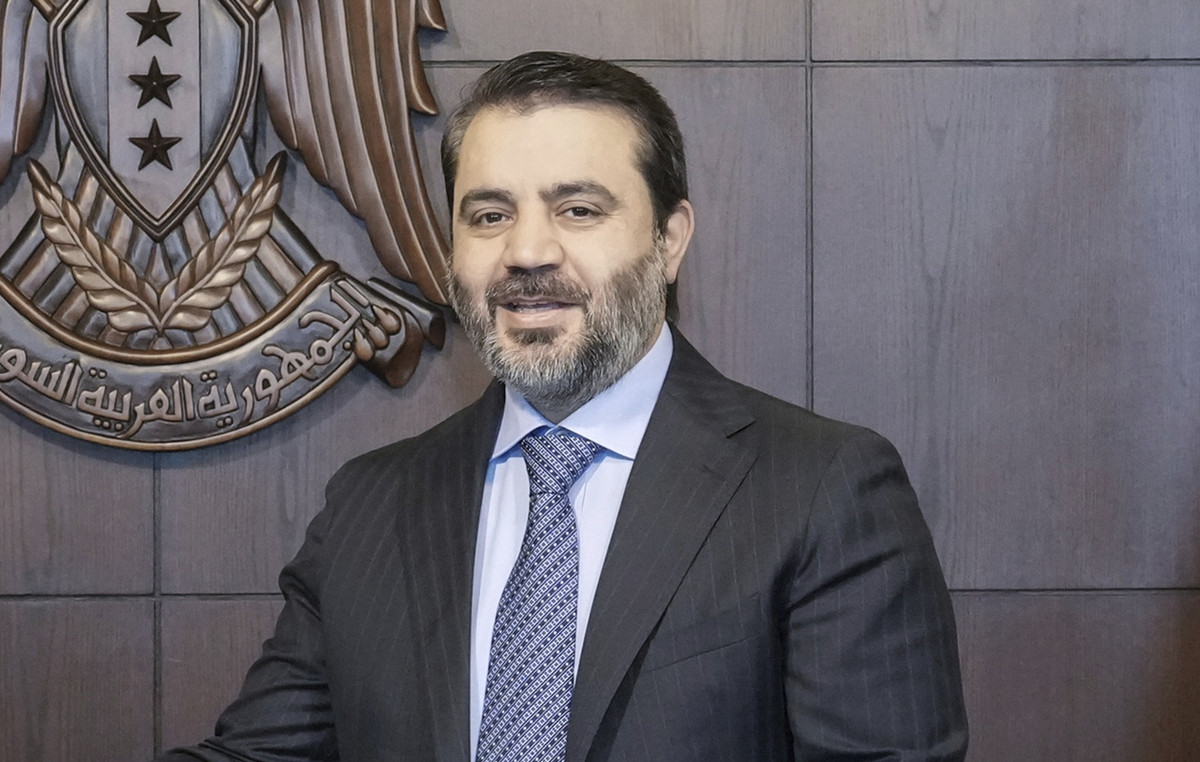After the impasse over the effect on the collection of states, the vote on PLP 18/22 was postponed in the Chamber of Deputies to this Wednesday (25), which considers essential goods and services related to fuel, electricity, communications and public transport. .
The expectation is that the vote will take place from 14:00h, with the leaders gathered after changes in the text. If considered essential goods and services, the aforementioned categories cannot have the same tax rates applied to products listed as superfluous.
The objective of the project is to alleviate the price of services that have been suffering from inflation for months and, thus, are passed on to the final consumer, such as fuel and electricity.
Even sponsored by the president of the House, Arthur Lira (PP-AL), the project found it difficult to receive support, according to sources heard by the CNN .
After discussions throughout this Tuesday (24), the leaders of the benches reached an agreement on set the ceiling of 17% of ICMS on fuel, electricity and transport.
However, some items were removed, such as goods and services related to telecommunications, for example.
Compensation
The latest version of the text by deputy Elmar Nascimento (União Brasil/BA), which the CNN policy analyst Caio Junqueira had access, determines a guarantee of compensation to the states that lose more than 5% of the collection with the project.
The Union will cover the percentage that represents this loss for a period of 6 months, until December this year, after the project is sanctioned by President Jair Bolsonaro.
The states that are already in a tax recovery regime, Rio de Janeiro and Goias, would have automatic compensation since the tax recovery contracts with the Union do not allow them to lose revenue.
According to the CNN the deputies negotiated the creation of this compensation by the federal government to unlock the text and speed up the process.
The calculation of the amount that the federal government would have to pay to the states is still under discussion. According to a deputy involved in the negotiation, one of the problems is the lack of budget forecast for these resources.
Even with these concessions on the part of the deputies responsible for preparing the matter, the bill for approval in plenary is not yet closed, and even the report is not ready, but there will be a new attempt to take PLP 18/22 to a vote in the Chamber.
parliamentarians heard by CNN claim to be in favor of the inclusion of fuels among essential services, one of the points of the bill discussed, but argue that establishing a ceiling for the ICMS levied on the affected products will generate substantial losses in the collection of states.
State collection
The state and municipal cash flow reached BRL 440 billion in February 2022, the highest value since 2014, according to a survey by economist Vilma Pinto, director of the Independent Fiscal Institution of the Senate (IFI). The figure also represents an increase of about 20% over 2021.
The economist explains that the value takes into account the cash of the 26 Brazilian states, the Federal District and the 656 municipalities. The survey shows the trajectory since 2014 and does not cover a longer historical period due to the lack of older consolidated data on the municipalities.
Considering the net cash of states and municipalities — cash value less financial obligations —, the balance in 2019 was negative by R$37.5 billion, but turned into a positive balance of R$2.8 billion in 2020, increasing for BRL 77 billion in 2021 .
*With information from Julliana Lopes and Luciana Amaral, in Brasília, and Priscila Yazbek, in São Paulo
Source: CNN Brasil
I am Sophia william, author of World Stock Market. I have a degree in journalism from the University of Missouri and I have worked as a reporter for several news websites. I have a passion for writing and informing people about the latest news and events happening in the world. I strive to be accurate and unbiased in my reporting, and I hope to provide readers with valuable information that they can use to make informed decisions.







